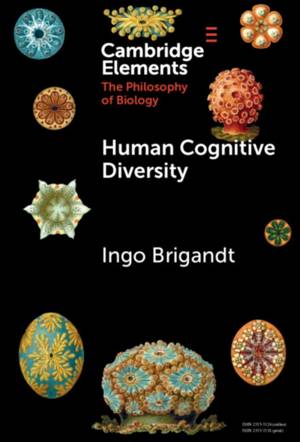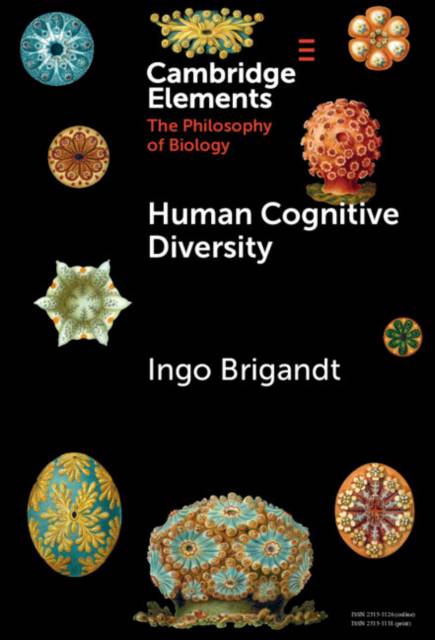
- Afhalen na 1 uur in een winkel met voorraad
- Gratis thuislevering in België vanaf € 30
- Ruim aanbod met 7 miljoen producten
- Afhalen na 1 uur in een winkel met voorraad
- Gratis thuislevering in België vanaf € 30
- Ruim aanbod met 7 miljoen producten
Zoeken
€ 112,95
+ 225 punten
Uitvoering
Omschrijving
We humans are diverse. But how to understand human diversity in the case of cognitive diversity? This Element discusses how to properly investigate human behavioural and cognitive diversity, how to scientifically represent, and how to explain cognitive diversity. Since there are various methodological approaches and explanatory agendas across the cognitive and behavioural sciences, which can be more or less useful for understanding human diversity, a critical analysis is needed. And as the controversial study of sex and gender differences in cognition illustrates, the scientific representations and explanations put forward matter to society and impact public policy, including policies on mental health. But how to square the vision of human cognitive diversity with the assumption that we all share one human nature? Is cognitive diversity something to be positively valued? The author engages with these questions in connection with the issues of neurodiversity, cognitive disability, and essentialist construals of human nature.
Specificaties
Betrokkenen
- Auteur(s):
- Uitgeverij:
Inhoud
- Aantal bladzijden:
- 86
- Taal:
- Engels
- Reeks:
Eigenschappen
- Productcode (EAN):
- 9781009496414
- Verschijningsdatum:
- 4/09/2025
- Uitvoering:
- Hardcover
- Formaat:
- Genaaid
- Afmetingen:
- 152 mm x 229 mm
- Gewicht:
- 285 g

Alleen bij Standaard Boekhandel
+ 225 punten op je klantenkaart van Standaard Boekhandel
Beoordelingen
We publiceren alleen reviews die voldoen aan de voorwaarden voor reviews. Bekijk onze voorwaarden voor reviews.








